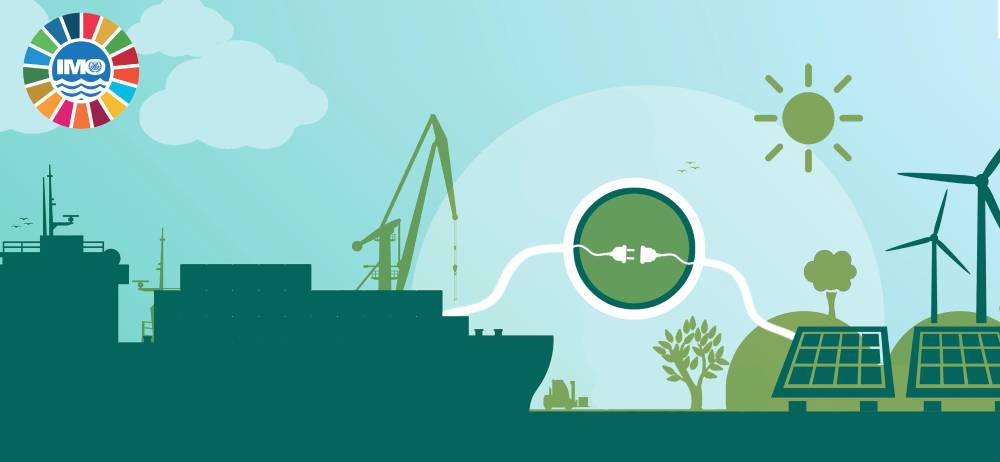
Nautilus has welcomed the International Maritime Organization's (IMO) new interim guidelines on training for seafarers on ships using alternative fuels and new technologies (STCW 7/ Circ. 25), while stressing that this is only one step towards a truly just transition for maritime workers.
The launch comes as the Maritime Just Transition Task Force also launched training frameworks designed to facilitate the development of training programmes for seafarers for working on ships powered by ammonia, methanol and hydrogen.
The IMO guidelines set out an international framework for the development and approval of training of seafarers serving on all ships using alternative fuels and new technologies, with specific interim training guidelines on the way for vessels powered by methyl/ethyl alcohol, ammonia, hydrogen, liquefied petroleum gas (LPG), batteries and fuel cells.
They are expected to form the basis for mandatory requirements for seafarer training under the revised 1978 STCW Convention Code, currently under review to support decarbonisation, digitalisation and other developments.
Nautilus head of international relations Danny McGowan said: 'This is an important step towards a safer transition to alternative fuels and new energy sources as we move towards IMO net-zero goals.
'However, I would urge all shipowners, employers and stakeholders to reflect on the views of seafarers around the world on the topic of decarbonisation and technological change. Our members are broadly supportive, but that there remain justified fears and concerns. Maritime professionals are worried about the possibility of worsening pay, crew reductions, deteriorating terms and conditions, and criminalisation in the event of an incident involving new technology.
'Nautilus calls on shipowners, governments and industry stakeholders to ensure these issues are addressed to ensure a Just Transition and that no seafarer is left behind. We stand ready to play our part in that transition and to give voice to maritime professionals.'
- read more about seafarer views on decarbonisation and technological change in our Mapping Our Maritime Future report.
Tags
More articles
Union pushes for Just Transition at new fuels training launch
Nautilus spoke up for seafarers' rights at a launch of industry-wide training frameworks for new maritime fuels.
Help shape better food standards at sea: take part in the Food4Seafarers survey
The World Maritime University (WMU), with support from the ITF Seafarers' Trust, has launched the Food4Seafarers Research Project – and they want to hear from seafarers.
Nautilus calls for UK government to defend international maritime law after vessels seized in international waters
Nautilus is urging the UK government to act following the recent interception of the Global Sumud Flotilla in international waters.
